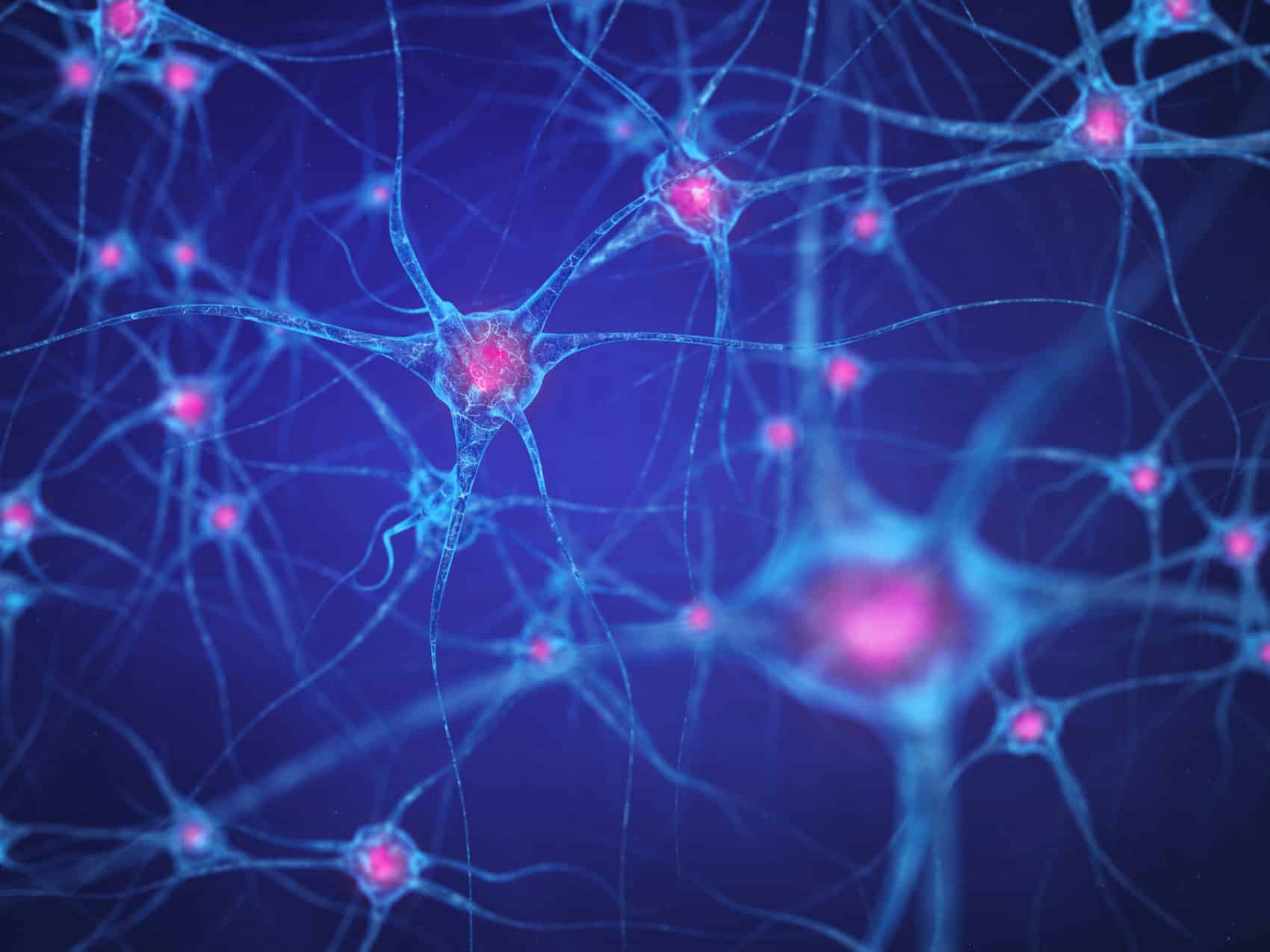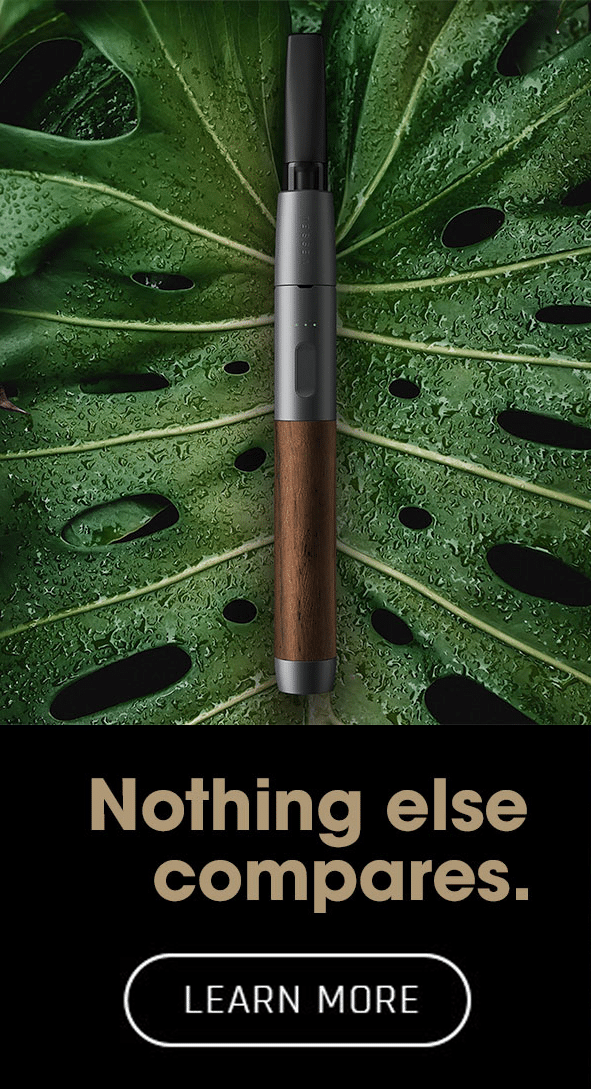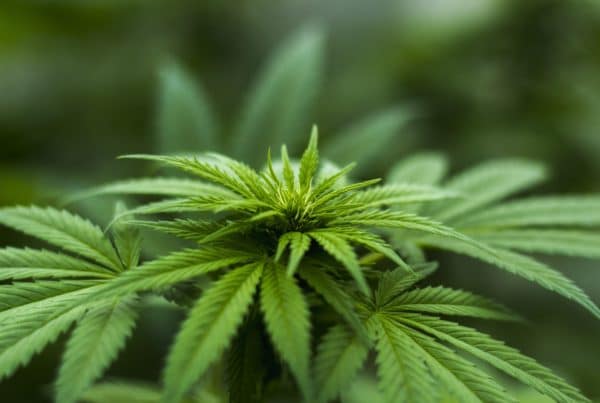Does marijuana use harm brain cells?
The marijuana industry in the United States has exploded in recent years and there has been some serious debate around the question: Does marijuana use harm brain cells?
In 2017, the legal weed market reached 10 billion dollars in sales.
The cannabis industry already employs over 165,000 workers across the country and now, many more people are considering careers in the marijuana industry.
With the success of this modest plant, it is only natural that detractors would come along with harmful myths to hurt its reputation.
But do not fear, most of what you heard is probably untrue.
Marijuana and its benefits are more complex plant than you may think.
Let’s Dispel the Myths
There are a lot of people out there who believe that marijuana has harmful effects, the most notorious of which is that it kills brain cells.
There are also a bunch of other ideas people hold about the harmful effects of marijuana and how it affects the brain.
But are any of them true?
Read on to find out.
Does Marijuana Kill Brain Cells?
This is probably the most persistent idea people have about weed, which could make it a hard myth to dispel.
But luckily, that’s just what it is. A myth.
According to Dr. Malik Burnett, there has been very little evidence that marijuana has a “neurotoxic” effect on your brain cells.
In contrast to a drug like a alcohol, which actually has damaging effects on the brain, marijuana is relatively harmless.
There is actually evidence that suggests that marijuana actually makes you smarter, according to a Harvard pilot study.
As you can see, this is just a pernicious myth. Marijuana does not kill brain cells.
Does Marijuana make you lazy?
This myth is a little trickier to dispel because there is a twinge of truth to it.
There have been several studies that suggest that marijuana use negatively affects the brain region that affects motivation.
It is important to remember that marijuana still doesn’t kill brain cells, though.
Additionally, a recent experiment out of the University College of London found that the motivational effects are only short-term, even among longtime users of weed.
This study found that the negative motivational effects of weed only lasted up to 12 hours after marijuana use.
Of course, this makes sense.
You wouldn’t feel very motivated after a couple of beers or a large lunch either.
So the best way to keep marijuana from influencing your work would be to use the drug at night when you can sleep it off.
Can You Overdose on Marijuana?
Now this one will obviously be a myth to experienced marijuana users.
Anyone who smokes weed knows there is no amount of marijuana that can fry your brain cells and kill you, no matter how hard you try.
However, some newcomers to the drug may still have the wrong idea.
So to reiterate this point, not a single person has ever died from a marijuana overdose.
However, synthetic strains of weed, commonly known on the street as “k2” can be dangerous.
Because of this, it is important to make sure you are buying marijuana au naturel, from a trusted source.
Is Marijuana a Gateway Drug?
People who want to keep marijuana illegal often say that weed is a “gateway” drug.
This means that it is a drug that causes users to move on to more intense, more dangerous drugs.
But again, this is a myth.
Studies have found that people who use marijuana do use other drugs more than people who don’t smoke marijuana.
But correlation does not equal causation.
Those same studies have found that marijuana use itself is not what makes people move on to harder drugs.
There are simply other factors at play.
Is Marijuana Addictive?
This is another tricky myth to dispel because I’m sure we all people that smoke like chimneys every day.
But overall, compared to other drugs, marijuana is far less addictive.
For example, the percentage of people that develop a lifetime dependency to nicotine is 32%.
The percentage of people that will develop a lifetime dependency to alcohol is 15%.
The percentage of people that develop a lifetime dependency to marijuana is just 9%.
It just isn’t as physiologically addicting as every other popular drug, and the withdrawal from a weed addiction is much less severe.
Is Smoking Weed as Harmful as Cigarettes?
This is a common refrain from anti-marijuana advocates, and it makes sense to the uninformed.
Smoke is smoke, right? “It shouldn’t be in your lungs,” you might say.
But this isn’t true.
A national study found that cigarettes are far worse for you than joints are.
This is because tobacco-use and lung function have an inverse relationship.
The more you smoke, the worse your lungs get.
But when it comes to marijuana, this isn’t true.
They actually found that a small amount of marijuana use actually led to an increased lung function, but only up to a certain point.
Eventually, though, marijuana does have an adverse relationship with lung function, although you’d have to be smoking a lot to get there.
Does Weed Make You Sterile?
This is another common myth that, like all good myths, has a shred of truth to it.
Scientists have found that smoking weed does indeed change the shape of your sperm, making them worse at fertilizing eggs.
However, this change is not permanent, as male sperm cells regenerate every 74 days.
This means that if you are trying to conceive a child, you might want to take a tolerance break from weed.
But if you’re worried about your long-term sterility, you need not fret.
The Truth About Marijuana and Brain Cells
Now that we’ve done away with the negative myths about marijuana’s effect on your brain cells, let’s talk about the positive influences weed can have on your brain cells.
First, let’s discuss the chemical compounds found in marijuana that influence the brain.
There are two chemicals found in marijuana: delta-9-tetrahydrocannabinol (THC) and cannabidiol (CBD).
Each of these chemicals have different effects on the brain.
THC is the chemical that gives marijuana its psychoactive effects.
Essentially, it’s what makes a pot-smoking experience feel “trippy.”
It also affects the brain cells and regions that influence short-term memory formation and inhibit hunger.
CBD, on the other hand, is less potent and less psychoactive than THC.
It is said to be the chill yig to THC’s more anxiety-inducing yang.
Both chemical compounds, however, have their own holistic health benefits when taken together or separately.
The Health Benefits of THC
THC, in many cases, can have life-saving effects on your brain cells.
There is a reason over half of the states in the U.S. have legalized marijuana for legal or recreational use.
A 2006 study found that THC can prevent or delay the onset of Alzheimer’s disease by blocking the peptides and enzymes in the brain that form to create Alzheimer’s disease in the brain.
That same study found that THC was far superior in this regard than any pharmaceutical drug.
This may be why pharmaceutical companies are fighting against the country-wide legalization of marijuana.
The benefits of THC don’t end there.
A different study found that THC also serves as a pain reliever in multiple sclerosis patients.
According to the study, THC binds to receptors in the body’s nerve endings that that help provide pain relief.
Not only does THC not damage brain cells, but it actually helps brain cells grow in a process known as “neurogenesis.”
A study published in the Journal of Clinical Investigation found that cannabinoids (THC and CBD) promote neurogenesis specifically in the hippocampus region of the brain.
The hippocampus is the region of the brain that regulates your emotions as well as your memory.
So you can see why would want new cells to be growing there.
Happy, healthy brain cells can lead to a happy life!
If keeping your mind young is your concern, you might also be pleased to discover that THC can keep your mind sharp as you age.
A German study found that a regular low dose of THC made the brain’s of mice with the same cognitive ability of much younger mice.
Human brains and the brains of mice are very similar so it is safe to assume that scientists would see a similar effect in elderly humans.
Lastly, THC has proven to be very helpful in the treatment of glaucoma.
Glaucoma is the is an eye disease which increases pressure in the eyeball, which can eventually lead to loss of vision.
Marijuana helps by reducing this pressure in the eye, according to the National Institute of Health.
However, they also found that weed only reduces the pressure in the eye for only a few hours, so it provides relief more than it cures.
I could keep going, but there are so many health benefits to THC, this article could be the length of a book.
The Health Benefits of CBD
Taking CBD on its own, usually in the form of oil, is a more novel practice so less is scientifically known about its benefits.
However, there is still a wealth of knowledge about how it affects your body.
Here are several ways CBD is medically beneficial:
Anti-inflammation
One of the biggest benefits of CBD is its anti-inflammatory effects on the brain and the body.
According to the National Institute of Health, cannabinoids are “potent anti-inflammatory agents.”
They do this by kickstarting a process known as apoptosis.
Apoptosis is defined as “the death of cells that occurs as a normal and controlled part of an organism’s growth or development.”
So instead of cells growing old and growing swollen and inflamed, they die.
As stated above, THC helps push along neurogenesis, so in this case, CBD and THC work together.
Whether you’re an athlete with sore knees or a senior with rheumatoid arthritis, CBD can help with your chronic inflammation.
Injury Prevention
Speaking of athletes, there is also significant evidence can protect football players from chronic head trauma and their resulting concussions.
Some athletes have found it so beneficial that NFL players are pushing the league to legalize it for use in treatment for CTE, a form of head trauma that is widespread among football players.
Anxiety Reduction
For all the nervous Nellie’s out there, there is at least one study that has shown to have positive effects in people with social anxiety disorders.
The National Institute of Health has found that CBD has “anxiolytic properties.”
This means that CBD is helpful in reducing feelings of anxiety for people that have chronic issues with anxiety.
So if you’re prone to anxiety and you have a special event to attend, it might be helpful to hit a vape with CBD oil before leaving home.
Seizure Prevention
CBD is particularly good for people, like children, who need the therapeutic benefits of marijuana without the high.
Children with epilepsy are a perfect case study in this.
The American Epilepsy Society found that regular treatment of CBD helped reduce the frequency of seizures in children by 45-60%.
Cancer Prevention
Scientists in San Francisco recently discovered that CBD can have extraordinary effects on cancer in the body.
ID-1 is the name of the gene that is frequently the cause of growth of cancer cells.
These scientists found that CBD can effectively “turn off” this gene.
This causes the body’s cells to stop growing and return to normal.
They started this research by experimenting with breast cancer but soon found that that CBD was effective against many other types of cancer.
CBD essentially works with any type of cancer where the ID-1 gene is present.
Final Thoughts
Even if the high from marijuana isn’t for you, it still clearly has a wide range of benefits, and more importantly, it doesn’t kill brain cells!
Whether you have a chronic condition or are just looking to chill out, there is a marijuana-based product out there for you.
Because of this, I encourage you to write to your congressman if marijuana isn’t yet legal where you live.
I encourage you to check out our blog for more information on everything you need to know about marijuana.







